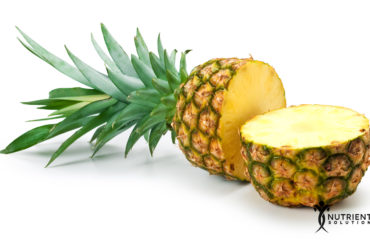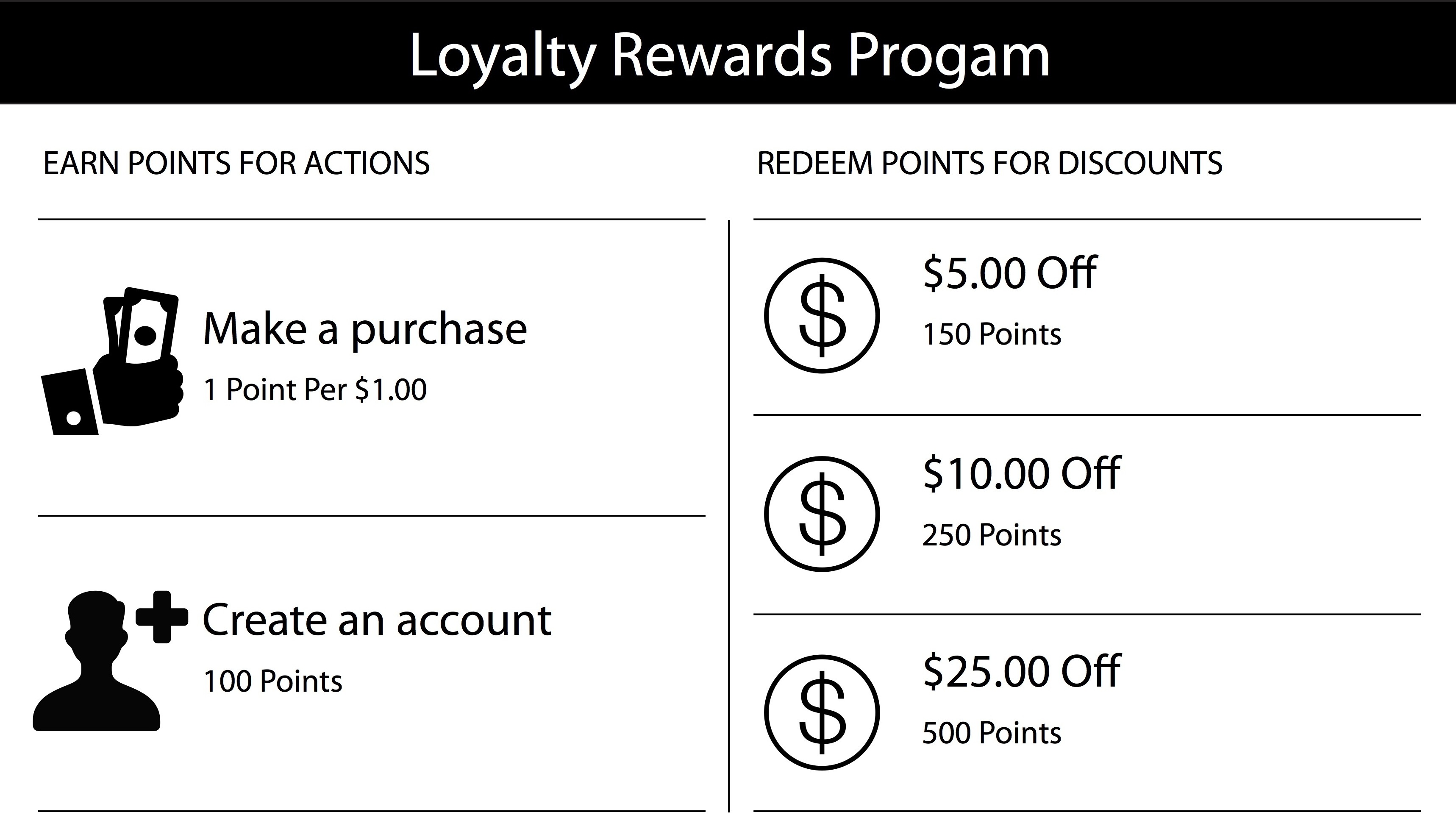Wellness Demystified: We Can Help You Discover Optimum Health
Eating for IBS: The Major Dos and Don’ts

Navigating a diet with Irritable Bowel Syndrome (IBS) can be tricky, and there are limited resources for learning what is effective and what is not. This article serves as a general introduction to what foods to avoid and which ones to include in a diet for people living with IBS. The article highlights major “triggers,” or foods that cause IBS symptoms, followed by ideas of things that are safe to eat.
When you were diagnosed with Irritable Bowel Syndrome, your doctor probably said, “Eat more fiber,” and sent you on your way. If you’ve been adventurous enough to research common trigger foods, you might think you’re doomed to eat nothing but bland, boring food the rest of your life.
While there’s some truth to both statements, have a more in-depth look into trigger foods and what you’re allowed to eat. You will better understand the syndrome and the power you have to alleviate symptoms through managing your diet.
What to Eliminate from Your Diet
The best way to start feeling better with IBS is to begin eliminating foods that don’t work well with your body anymore. The primary problem foods include red meat, dairy, artificial sweeteners, fried foods and foods high in fat.
Another source of constipation and pain comes from too much insoluble fiber. Remember when your doctor told you to eat more fiber and you’ll be fine? He probably should have been more specific by saying you need soluble fiber. While you might think you’re healthy by eating kale and spinach, this roughage could be a painful food for individuals with IBS. Insoluble fiber foods include whole grains, brown rice, broccoli, greens, and fruit and vegetable skins. Soluble fiber foods include lentils, apples, berries and beans.
What to Include
Go ahead and mourn the loss of butter and ice cream for a minute. While it’s true you will drastically reduce your fat intake with an IBS diet, don’t neglect fats completely. Your body needs some fats, so cook with olive oil instead of butter, use only egg whites instead of yolks, and eat avocados and nuts, but remember to chew those nuts thoroughly for better digestion and less stomach upset.
Try lean meats, like chicken and turkey, instead of beef, and switch to soy or almond milk as an alternative to milk products. Many grocery stores now carry items, like yogurt and ice cream, in dairy-free varieties. Eat plenty of fruits, perhaps without the insoluble skins, and enjoy fresh vegetables steamed or cooked to allow for easier digestion.
Don’t be afraid to use moderate amounts of spices to give your taste buds a jolt. Eating for IBS doesn’t have to be dull, and you can live with minimal IBS attacks when you eat right.
© 2019 Nutrients Solutions, LLC. All rights reserved. Disclaimer: The information provided is for educational purposes only and does not constitute medical advice. Always seek the advice of your physician or qualified healthcare provider with any questions or concerns about your health. Check with your doctor before beginning any exercise program. Never disregard or delay seeking medical advice because of something you have heard or read in this article or the internet.












